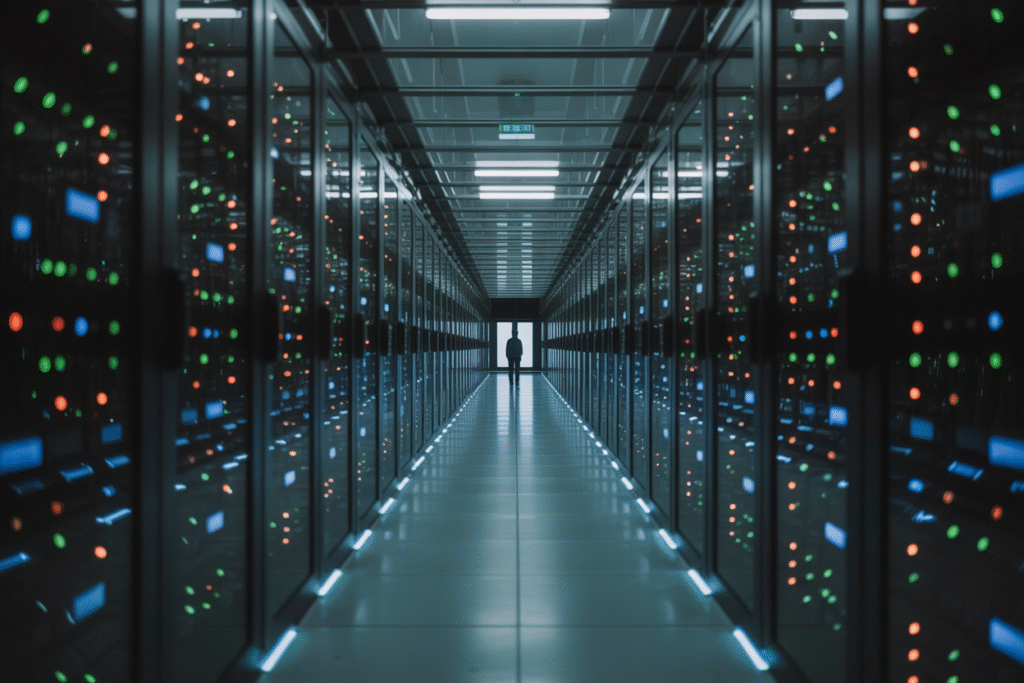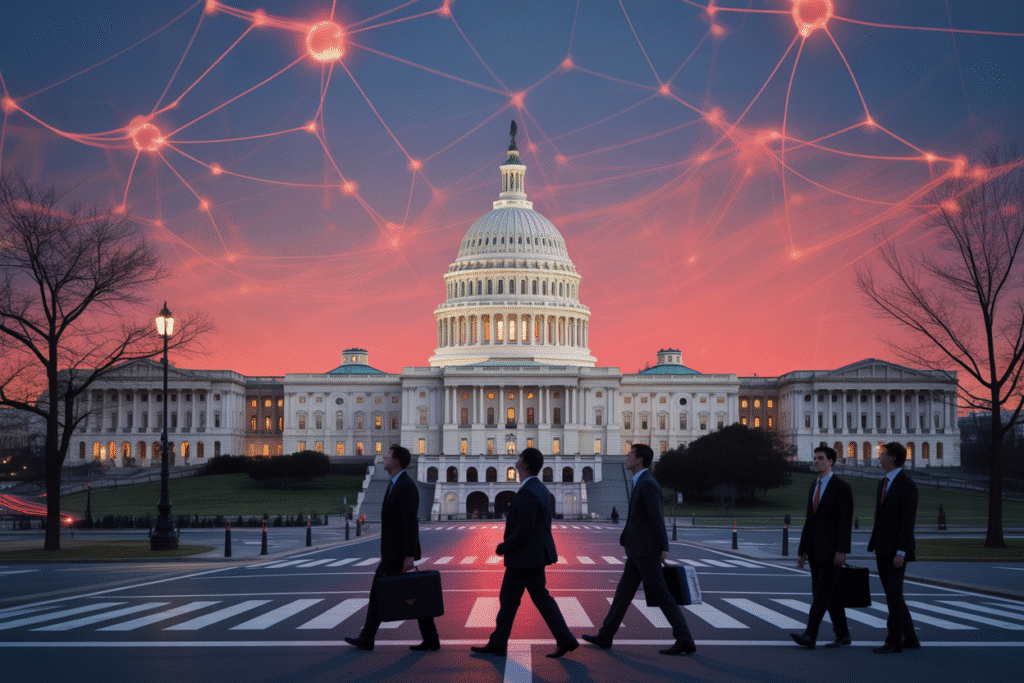From job-stealing robots to trillion-dollar power grabs, here’s why AI politics could reshape society faster than we think.
Scroll through any feed and you’ll see AI hailed as the cure for everything from climate change to your grocery list. But beneath the buzzwords lies a darker conversation—one about power, poverty, and who really pulls the strings. Tonight we unpack the politics of AI in plain English, no jargon required.
The 1990s Playbook Rebooted
Remember when every politician swore national competitiveness would save the economy? Nobel laureate Paul Krugman called that hype a dangerous obsession. Fast-forward to 2025 and economists are dusting off the same script, swapping trade wars for AI wars. The pitch sounds familiar: unleash artificial intelligence and watch GDP soar. The risk? We repeat the same oversimplifications that left millions behind last time. During any crisis—be it a pandemic, a recession, or the next geopolitical flare-up—AI becomes the shiny object that distracts from hard policy choices. The danger isn’t just economic; it’s existential when the tech meant to stabilize society ends up destabilizing it instead.
Job Displacement or Total Collapse?
Insider chatter in both ivory towers and startup garages paints a bleak picture. The timeline whispered in hallways: five to ten years until AI replaces whole job categories. The aftermath? Mass poverty so severe consumer markets simply vanish. Some elites bank on a twenty-year correction, claiming history will rhyme with the Industrial Revolution. Yet the data refuses to cooperate—no wave of new roles is on the horizon. Instead, the short-term play looks like a fire sale: desperate people selling homes, cars, and retirement funds to the same investors who automated their paychecks away. If that sounds dystopian, it is. And the debate splits cleanly along class lines. Venture capitalists frame it as creative destruction. Labor advocates call it societal suicide. Meanwhile, the rest of us are left asking a simple question: what if the promised renaissance never shows up?
Trillion-Dollar Fortresses and the End of Access
Building a frontier AI model now costs north of one hundred million dollars. The infrastructure behind it? Closer to a trillion. That price tag locks out entire nations, small companies, and most researchers. The result is a handful of tech giants holding the keys to the digital kingdom. Critics call it the greatest concentration of power in human history. Supporters argue scale drives breakthroughs that eventually trickle down to everyone else. The truth is messier. Centralized AI can speed up drug discovery, but it can also turbocharge surveillance states. Decentralized alternatives exist—open-source models, community clouds, blockchain governance—but they’re racing against a clock already rigged in favor of the incumbents. If the current trajectory holds, the internet’s next chapter won’t be written by users; it’ll be edited by a boardroom in Silicon Valley.


